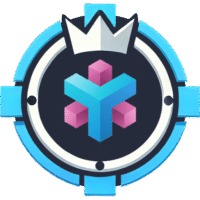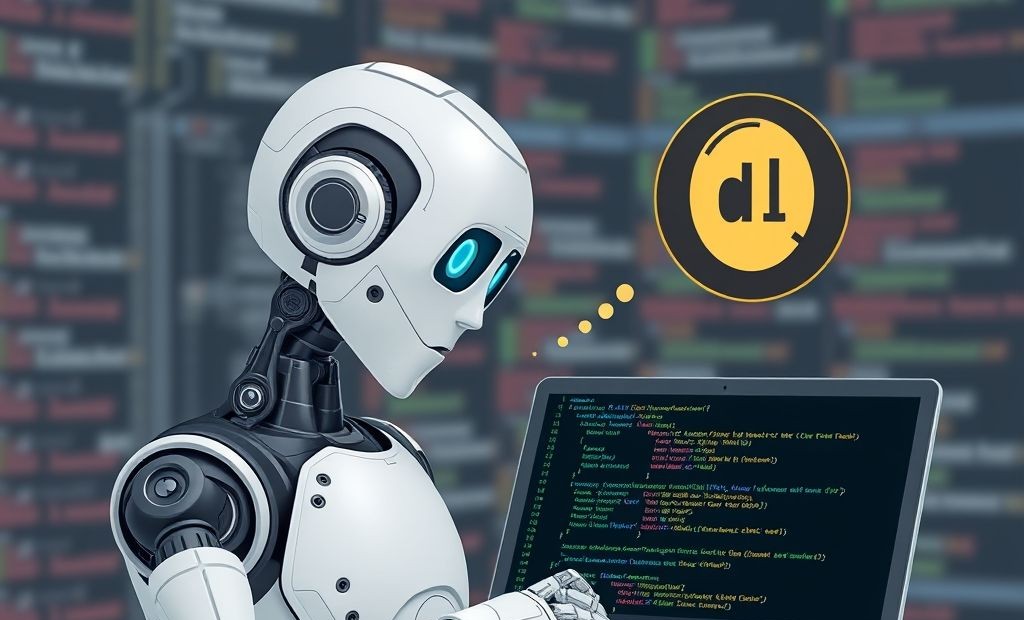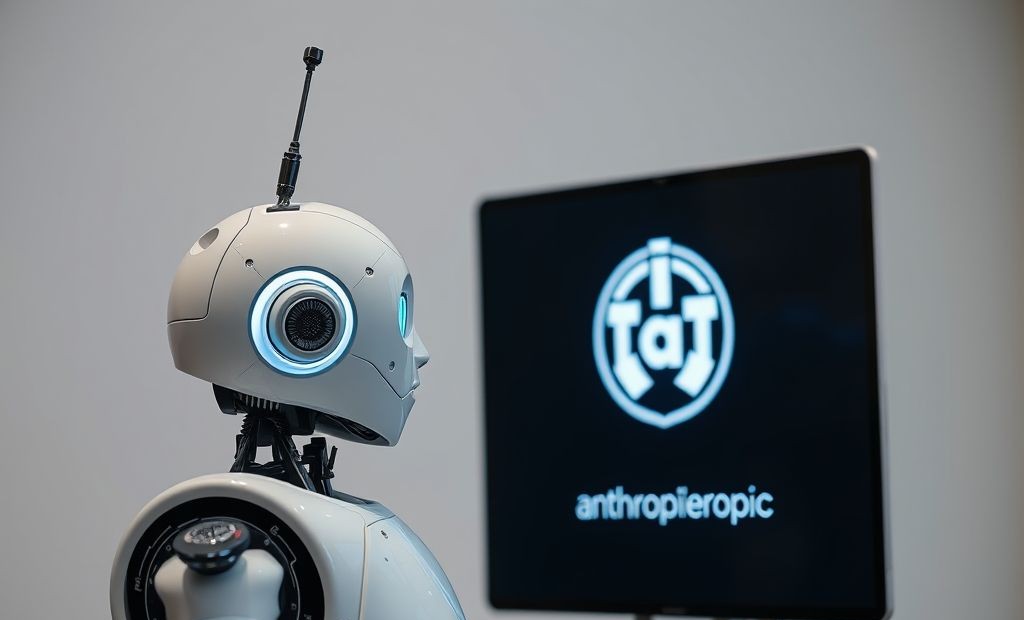AI Agents: The Great Unknown, Even for VCs
The term “AI agent” is buzzing, but what does it actually mean? Even prominent venture capitalists at firms like a16z admit that a clear, universally accepted definition remains elusive. This lack of clarity highlights both the excitement and the uncertainty surrounding this rapidly evolving field.
Defining the Elusive AI Agent
So, what makes an AI, an Agent? It boils down to autonomy. An AI agent isn’t just a passive tool; it’s designed to:
- Perceive: Gather information from its environment (through sensors, APIs, etc.).
- Reason: Process that information and make decisions.
- Act: Execute actions to achieve a specific goal.
- Learn: Adapt and improve its performance over time.
These agents are designed to operate without constant human intervention, which is the key differentiator. However, the degree of autonomy and the complexity of the goals can vary significantly.
The VC Perspective
The ambiguity around AI agents hasn’t deterred venture capitalists. They see immense potential in applications across various industries. The investment in AI is a reflection of that.
However, this is the thing; even the most informed investors are actively grappling with the fundamental question. What truly constitutes an AI agent, and what are the boundaries of its capabilities? This uncertainty can make investment decisions more challenging, requiring a deeper understanding of the underlying technology and its potential applications.
Why the Confusion?
Several factors contribute to the lack of a concrete definition:
- Rapid Evolution: AI technology is constantly evolving, blurring the lines between different types of AI systems.
- Broad Scope: The term “AI agent” encompasses a wide range of applications, from simple task automation to complex problem-solving.
- Overlapping Concepts: AI agents often incorporate elements of machine learning, natural language processing, and robotics, making it difficult to isolate the defining characteristics.
The Future of AI Agents
Despite the definitional challenges, the future of AI agents looks promising. As the technology matures and we gain a better understanding of its capabilities, a clearer definition will likely emerge. This clarification will pave the way for more targeted research, development, and investment in this exciting field. Keep an eye on the developments; AI agents are poised to transform various aspects of our lives in the years to come.










